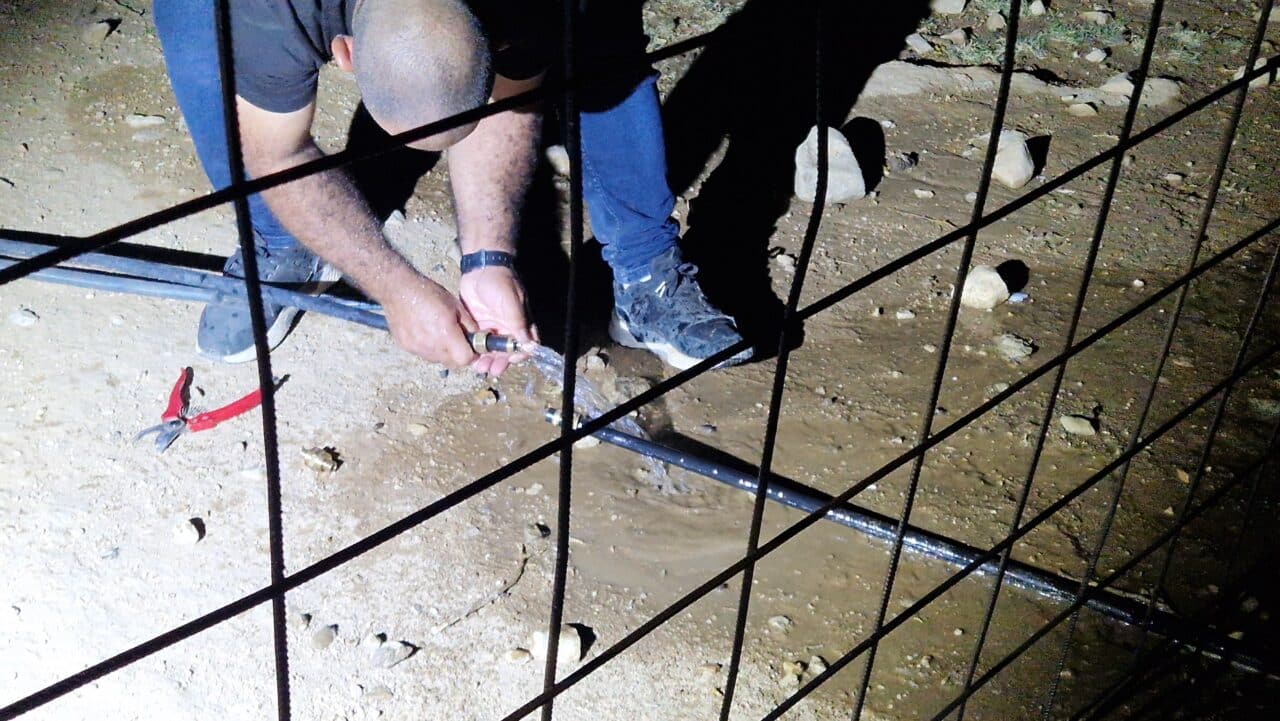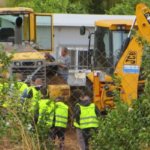Feature: Palestinian children in Jordan Valley go to school by tough roads
By Xinhua
Updated: 2011-02-13 23:45:0
TUBAS, West Bank, February 13 (Xinhua) — The 15-year-old Heba Daraghma was so sad as she said good-bye to her younger brothers preparing to go to school in a cold day, because they may face danger on their way to school.
The distance between Daraghma’s home in Ein el-Helweh area in the Jordan Valley, in the West Bank and the school is about 13 km, which deprived Heba from going there because her parents are so concerned that she might be attacked by Jewish settlers in the Jordan valley on her way to school.
Her brother Mahdi, a dark and skinny teenager, looked so sleepy as he woke up at 5:00 a.m. and was preparing himself to go to school. A long walk is awaiting for him in order to reach his classroom on time. He has to go to school on foot. “I hate going to school, because it is a long walk,” he said.
It is not only Heba’s parents who decided not to send their daughter to school, for fear of being assaulted by the Jewish settlers. Most of the Ein el-Helweh community’s parents prefer not to send their teen daughters to the school with a long and dangerous way.
Ein el-Helweh lacks the basic conditions for living such as electricity, water, educational and medical services. The children of this area and the adjacent areas in the Jordan Valley, usually have to travel to faraway villages and towns to attend school.
Medical clinics are around 40 kilometers far from the Jordan Valley area. Usually the residents have to go through dozens of Israeli army checkpoints on the road to clinics and schools.
Abu Mohamed, one of the local residents said that the Israeli authorities prevent building up any infrastructure in the area or even getting water or electricity supplies.
A volunteer group named “Save the Jordan Valley,” organizes a campaign called “The Right to Learn” that built up a small tent in the area, and then turned it into a kindergarten for the neighborhood’s children.
Sireem Khdeirat, a teacher in the kindergarten said the aim of building the tent “is to send the voice of our children in this poor and neglected area to the Palestinian government and the international community to help them build a school for them.”
The education tent in the neighborhood is the fourth one used as a school in the Jordan Valley area. Yamama Sawafteh, another teacher said that three months ago “a tent made out of cloth was built up on a land owned by Palestinian residents to help our children get a proper education.”
A number of female volunteers devote their time and effort in order to educate the children. They divided themselves into working groups with a number of teachers, and every teacher teaches children of certain age.
“The Jewish settlers attempt to frighten our school children and prevent them from reaching their school,” said Sawafteh, adding that “they also attempt to replace the residents with settlers.”
Israel, which controls 90 percent of the valley, considers the valley without dense population as strategic for its security.
The deputy director of education in the town of Tubas, Mahdi Hasson said that the school children in the Jordan Valley area suffer from poor education due to the far distance between their homes and the schools.
Hasson said that the education department has sent several letters to the governorate of Tubas, urging the Palestinian National Authority (PNA) to help the population build a school in the Wadi el-Maleh area in the Jordan Valley. They proposed to bring temporary caravans as classrooms for the children.


